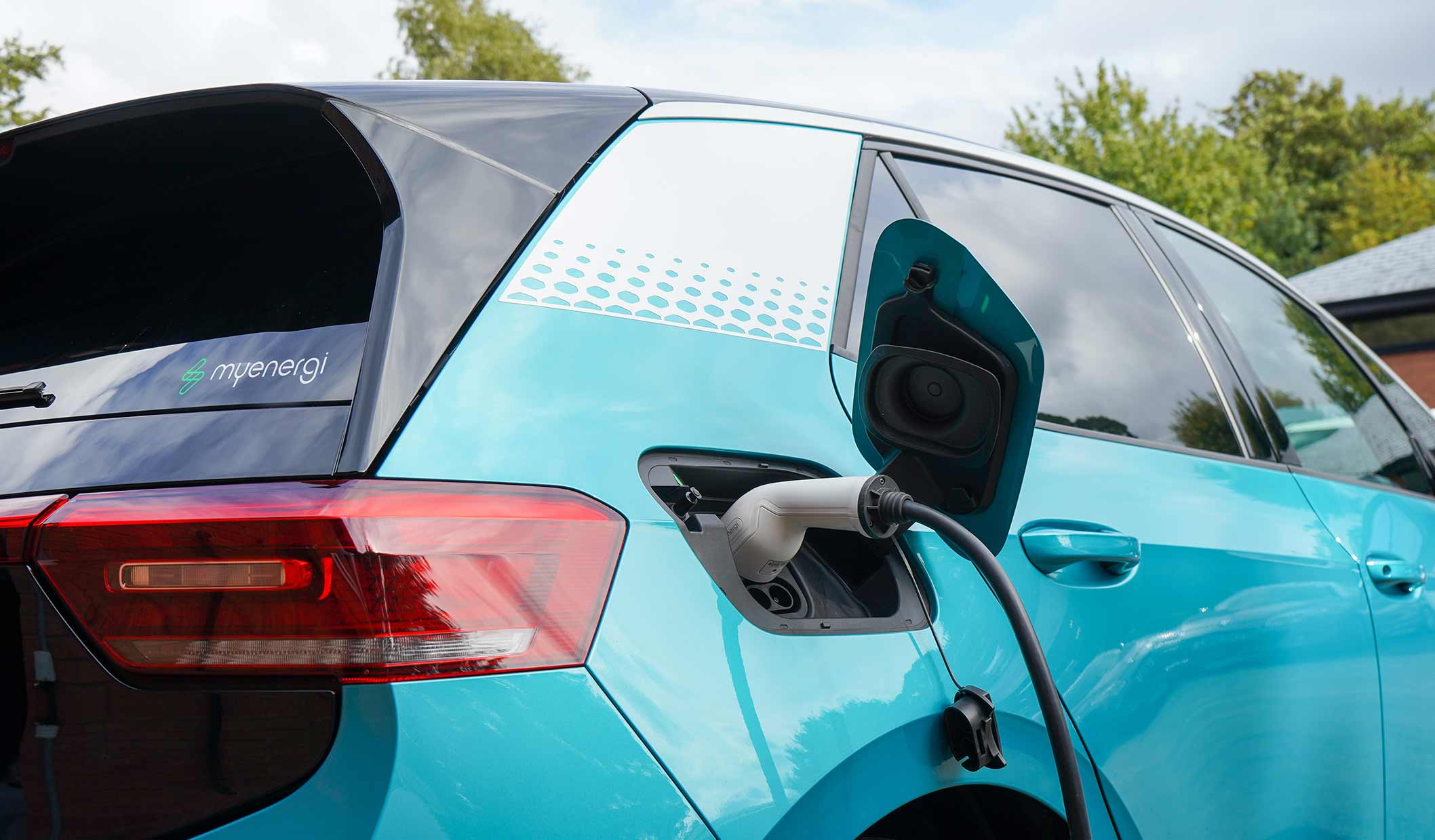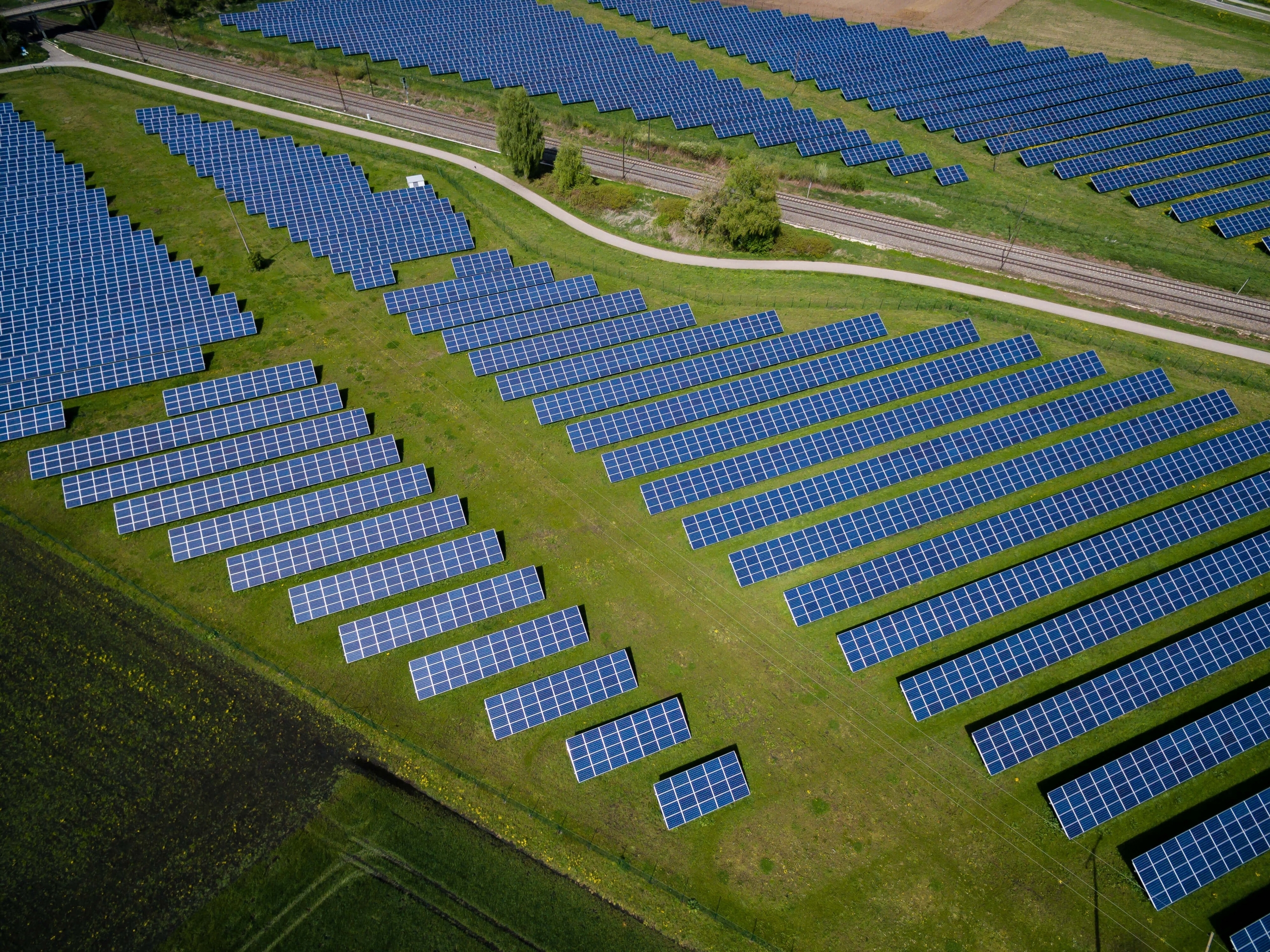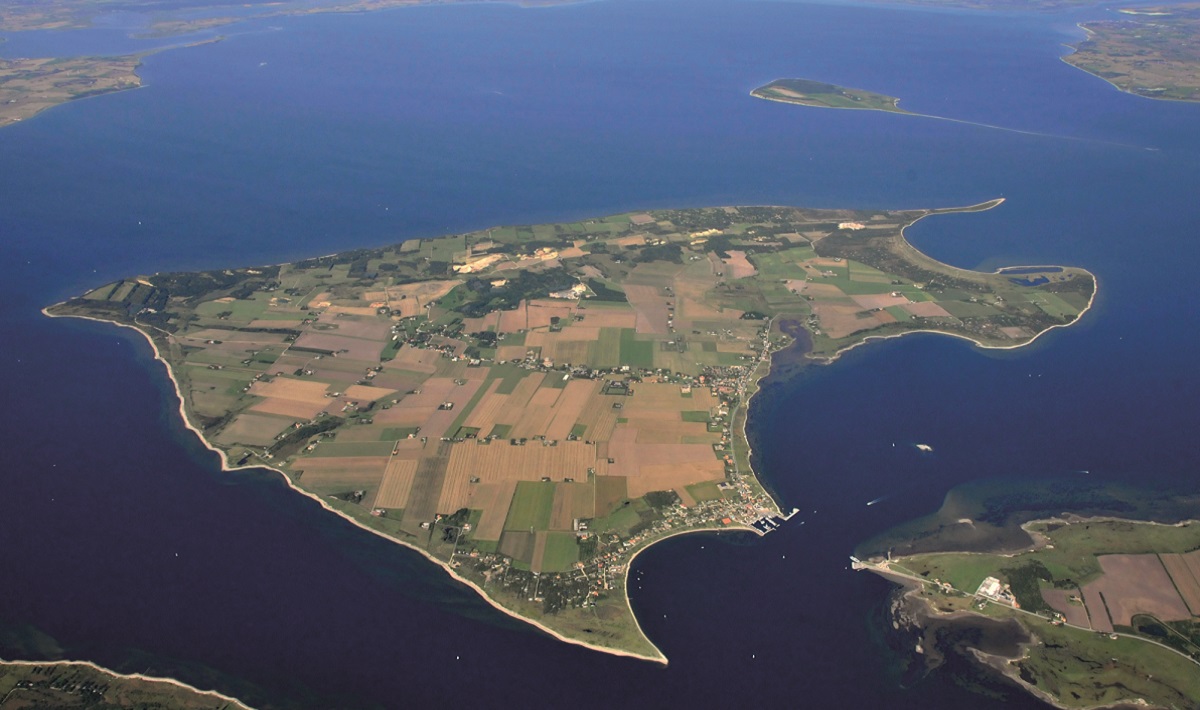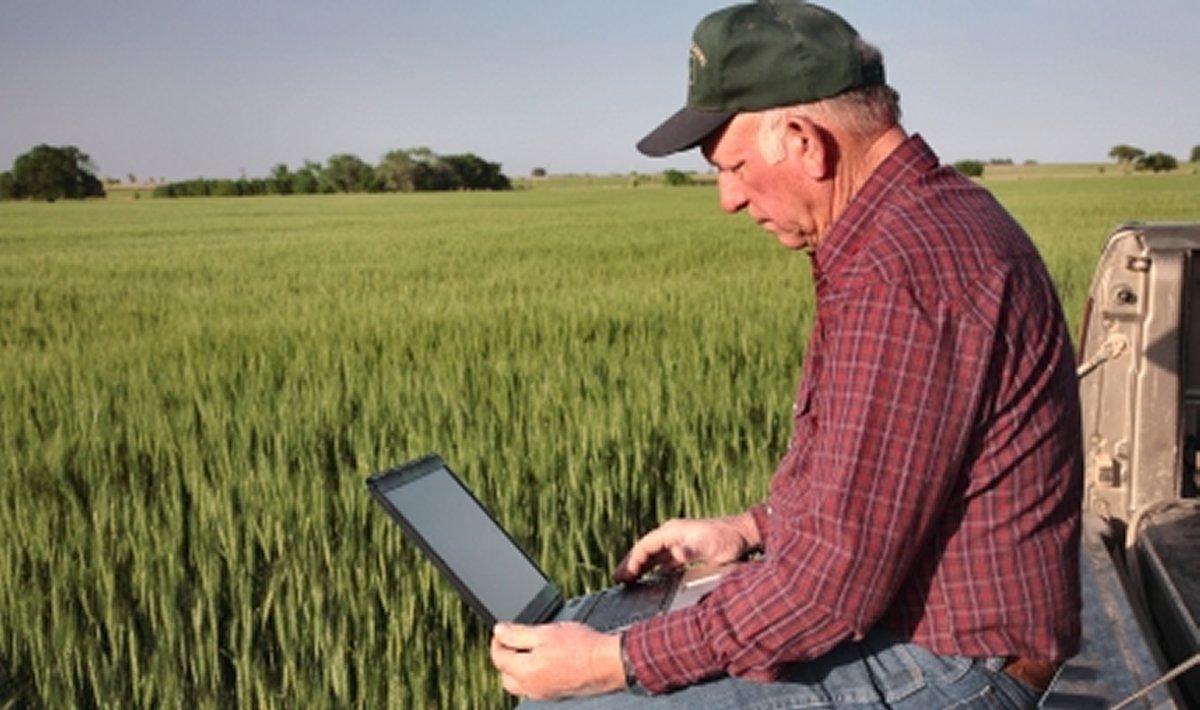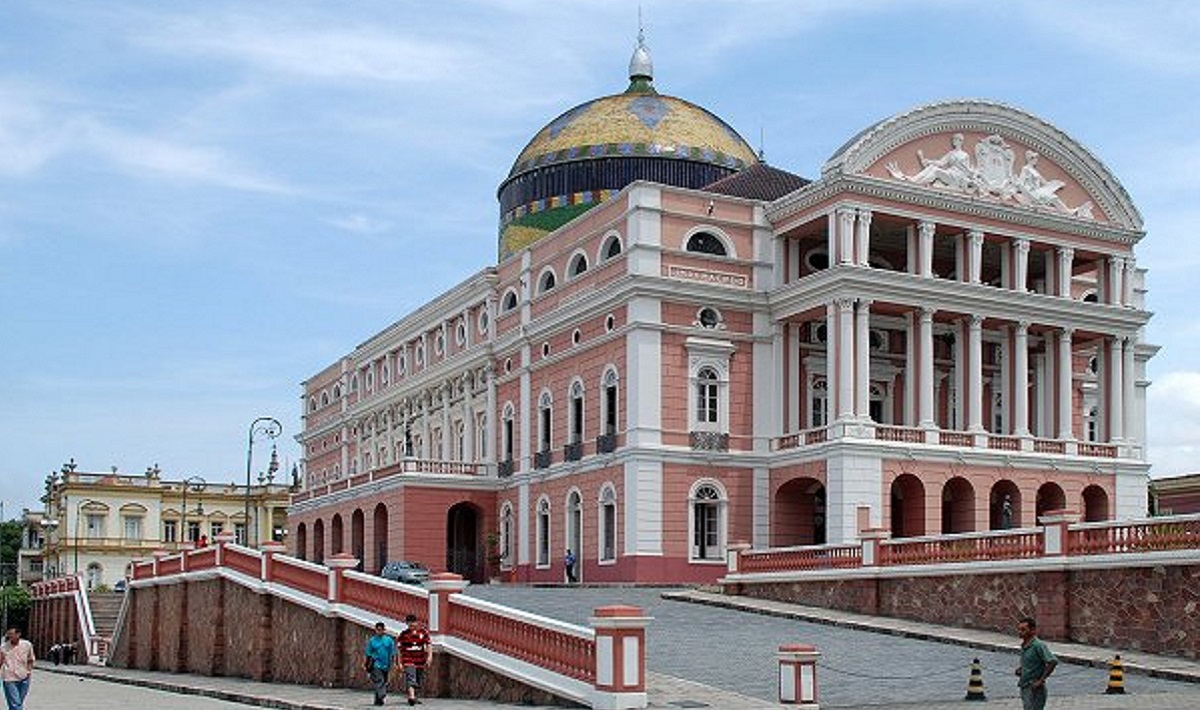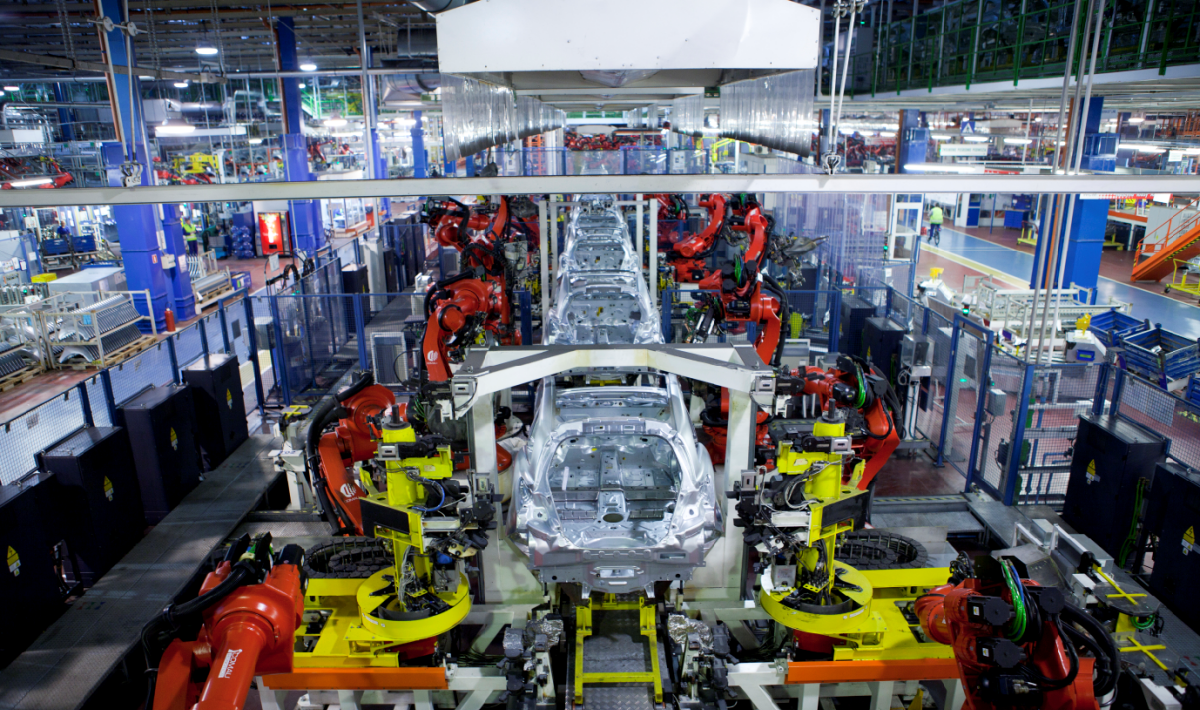In-JeT is involved in several Smart Society research projects because we want to strengthen our technology and knowledge base for the services we offer in this domain.
The main aims of our research activities are:
- to acquire technologies and knowledge that supports Smart Society Internet Based Services on the Future Internet: Internet of Things and Internet of Services. We are in particular interested in developing applications using service oriented architecture (SOA), interoperability and self-configuration of devices, context awareness, intelligent service orchestration, robustness and scalability of services;
- to increase our knowledge of applications and services on the Internet of Things and Services, such as energy efficiency, Smart City infrastructures, smart buildings and green buildings, remote monitoring, life-cycle traceability, carbon footprint recordings, etc.;
- to acquire knowledge and skills in energy efficiency applications, to understand how the utility companies operate across Europe, the economic systems in place, the national and EU regulations to be enforced and how we can deploy technologies for Smart Cities and smart buildings that can help consumers save energy and even out energy consumption over the day resulting in lower peak consumption;
- to understand the technological challenges associated with life-cycle monitoring and traceability of products; consumer products, foodstuff, industrial products, etc., using advanced Internet of Things capabilities;
- to understand the business systems and develop the proper business models that allow us to present convincing and sustainable business cases to stakeholders and decision makers for our products and services.
Below is a list of our present and past Smart Society projects.
RESONANCE
The aim of RESONANCE is to make it cost-efficient to harness flexibility from distributed and small-scale assets such as homes, buildings and charging stations for electric vehicles. This is achieved by developing an innovative software framework that provides means for rapid development and plug-and-play deployment of standard-compliant Customer Energy Manager (CEM), Resource Manager (RM) and their aggregation solutions.
iFLEX
The iFLEX project aims at empowering the consumers by making it as easy as possible for them to participate in demand response. The iFLEX Assistant provides consumers with natural and seamless ways for communicating their requirements and preferences and are customizable for different incentive and market mechanisms to allow exploitation of the solution in different countries
FEEdBACk
The core objective of FEEdBACk (Fostering Energy Efficiency and BehAvioural Change through ICT) is to promote, stimulate and deliver energy efficiency through behavioural change. To encourage a more efficient energy utilization and a more responsible consumer behaviour, a gamification platform will be used to motivate behavioural change by fostering awareness and consumer engagement.
COMPOSITION
The COMPOSITION project (Ecosystem for Collaborative Manufacturing Processes – Intra- and Interfactory Integration and Automation) will create a digital automation framework (the COMPOSITION IIMS) that optimises manufacturing processes by exploiting existing data, knowledge and tools to increase productivity and dynamically adapt to changing market requirements. It acts as a technical operating system for business connections between factories and their suppliers.
MONICA
The MONICA (Management Of Networked IoT Wearables –Very Large Scale Demonstration of Cultural & Security Applications) project aims to provide a very large scale demonstration of multiple existing and new Internet of Things technologies for Smarter Living. It is demonstrated with a highly relevant IoT application in public safety at big city events. The solution will be deployed in 6 major cities in Europe.
GreenCom
GreenCom will utilise flexibility and intelligence in the low-voltage demand and local supply side infrastructure to create increased regulation capacity and reserve power in the centralised power grid by extending the means to effectively and securely manage and control the demand and supply within defined boundaries. The GreenCom Smart Energy Management System (SEMS) is an energy management and control platform that allows energy providers to measure and balance load in the low-voltage grid and thereby prevent or reduce critical peak situations.
ALMANAC
The ALMANAC project (Reliable Smart Secure Internet Of Things For Smart Cities) is developing a service delivery platform that integrates Smart City Information System for green and sustainable Smart City applications. The ALMANAC Smart City Platform collects, aggregates, and analyses real-time or near real-time data from heterogeneous sensors and actuators to support Smart City processes.
ebbits
The ebbits project does research in architecture, technologies and processes, which allow businesses to semantically integrate the Internet of Things into mainstream enterprise systems and support interoperable end-to-end business applications. The ebbits platform thus enables the convergence of the Internet of People (IoP), the Internet of Things (IoT) and the Internet of Services (IoS) into the “Internet of People, Things and Services (IoPTS)” for business purposes.
Impress
The IMPRESS project will develop a Systems Development Platform (SDP) which enables cost effective development of mixed critical complex systems involving Internet of Things and their services and at the same time facilitates the interplay with users and external systems. The holistic interplay of things, systems, people, and services will contribute the underlying technologies needed to enable a sustainable and smarter society.
BEMO-COFRA
BEMO-COFRA will develop an innovative distributed communication framework allowing networked monitoring and control of large-scale complex systems. The integration of heterogeneous smart objects, legacy devices and sub-systems will achieve overall systems’ efficiency with respect to energy and raw materials and support holistic management.


